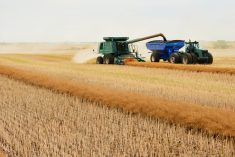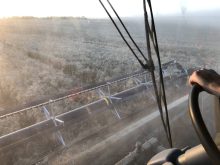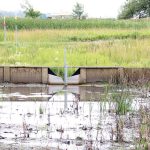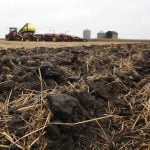(Resource News International) — The decision by France to increase its subsidies in an effort to stimulate the production of protein crops including peas, fababeans and lupins is being closely watched by other major pulse producing countries, including Canada.
“We’re essentially in a wait and see situation,” said Carl Potts, director of market development for Pulse Canada, the Winnipeg-based body for Canada’s pulse producers and processors. “The subsidies have the ability to be detrimental to the global pulse sector.”
France is targeting roughly 40 million euros per marketing year to the incentive. Seeding of peas, fababeans and lupins in France generally takes place in May.
Read Also
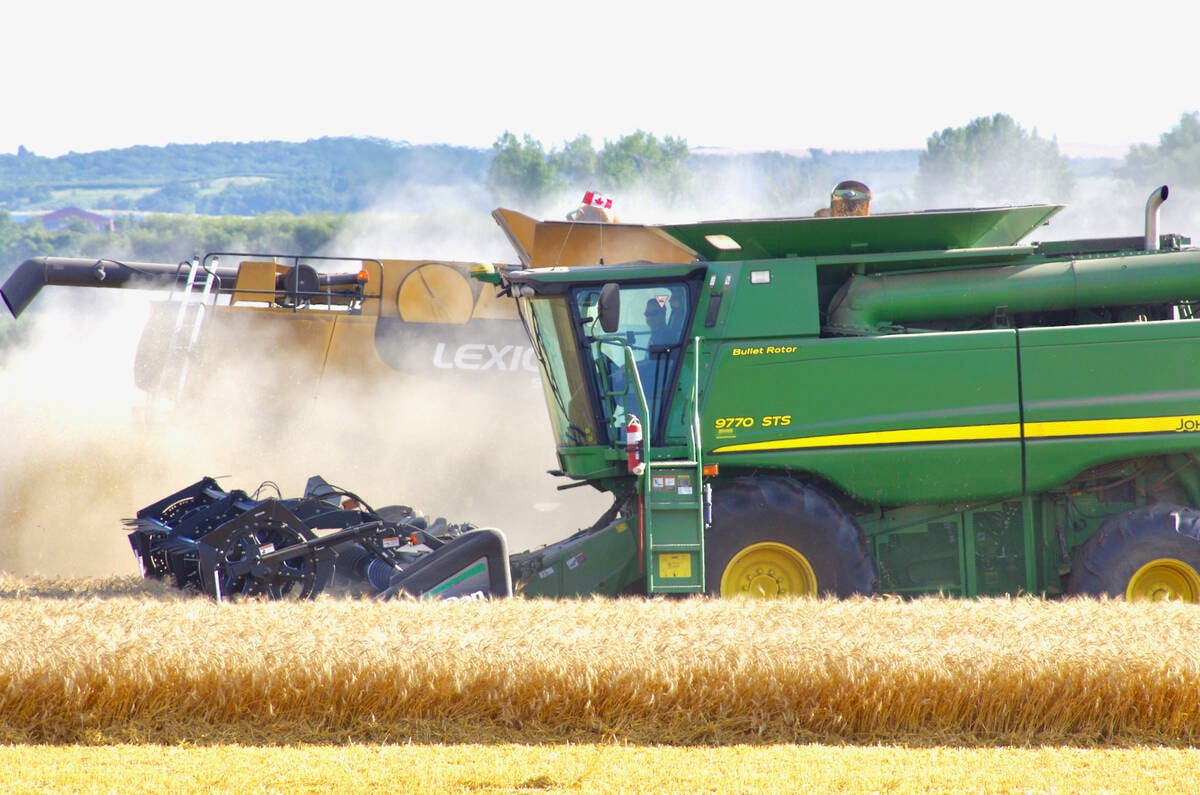
Prairie Wheat Weekly: Most Western Canadian bids higher
Western Canadian wheat prices were higher on Oct. 16, 2025 compared to the past week.
The incentive to plant protein crops in France will increase by roughly 50 euros per hectare in 2010. At the same time, major crops such as cereals and oilseeds will lose the current 100 euros per hectare in support, reducing the relative incentive to produce those crops.
Under the incentive, the single farm payment for all crops will increase from 300 euros per hectare to 356 euros per hectare. Total support for protein crop production in France was seen increasing to $354 per acre, on a Canadian equivalent, from $287, according to Pulse Canada data.
“We are concerned about artificial incentives that could result in additional pea production that are not market-driven,” Potts said. “If that is the result, other major producers and shippers will bear the cost of that through lower market prices and reduced market share.”
The exact impact on Canada’s ability to export pulses will be determined once more is known about whether the incentive was successful or not, he said.
Potts acknowledged that France and the EU have the ability to provide subsidies up to a certain limit established at the World Trade Organization (WTO). As long as they are consistent with their WTO obligations under the overall caps, they are free to do that from a legal perspective, he said.
France hopes to see protein crop acreage climb to about 267,000 hectares in 2010 from around 200,000 ha in 2009, Potts said.
Pulse Canada will monitor the situation closely and determine the next step at the appropriate time, he said.




